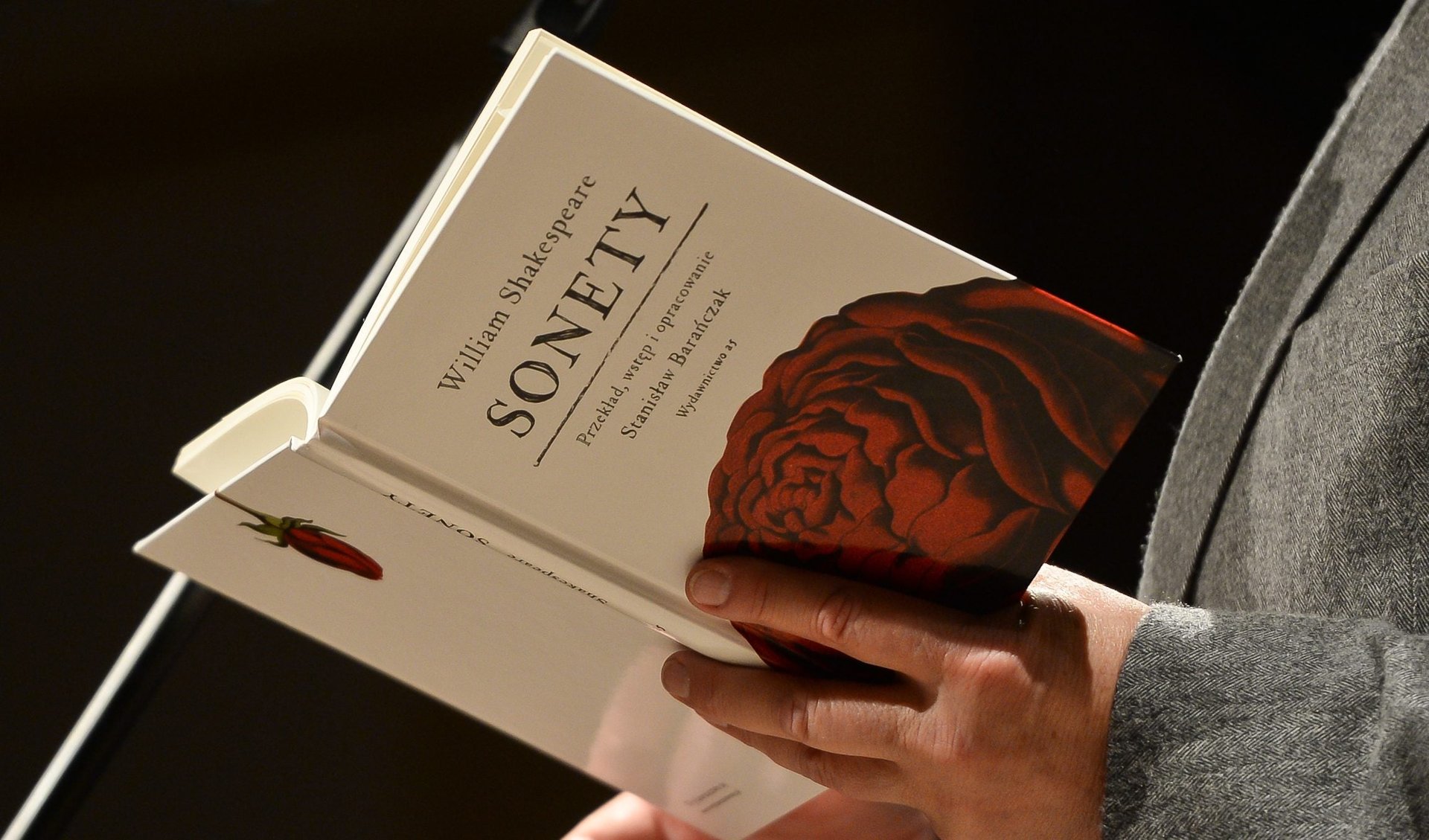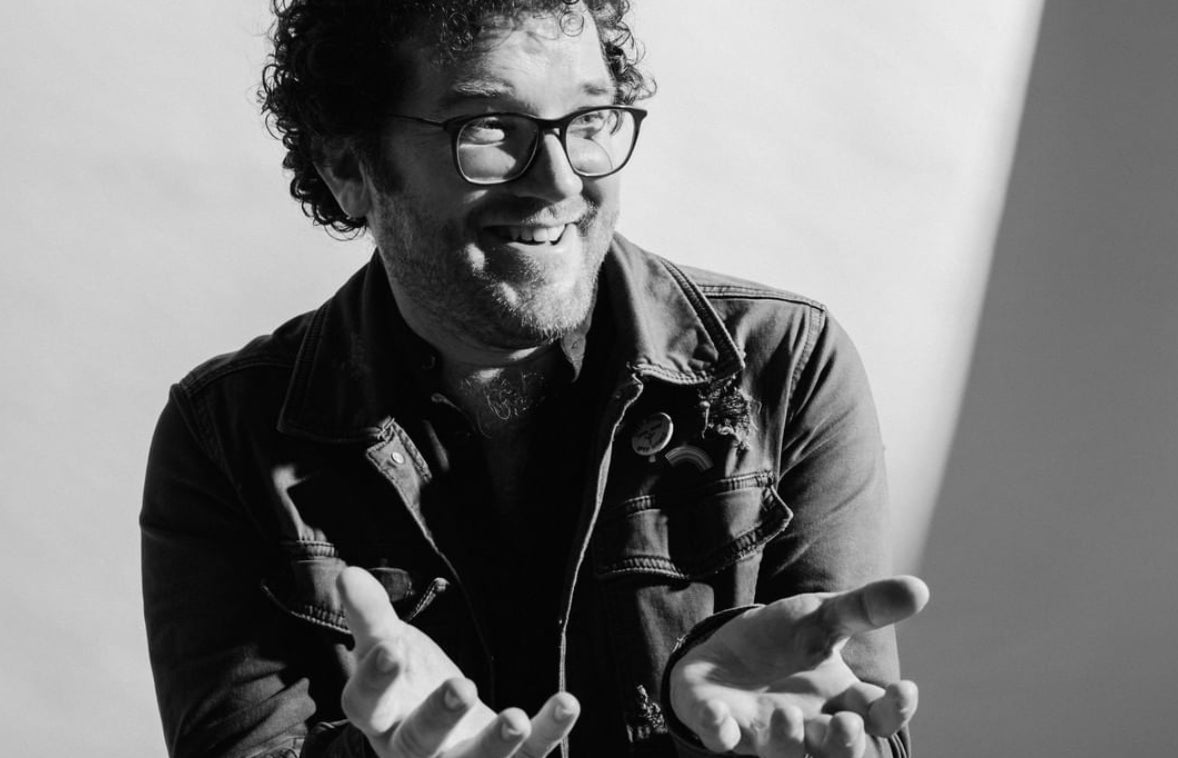The best way to start your work day: Read a poem
Reading poetry is a willful act. Making sense of strange groupings of words requires an agile form of listening—one that can bridge ambiguity and keep pace with a poet’s linguistic leaps.


Reading poetry is a willful act. Making sense of strange groupings of words requires an agile form of listening—one that can bridge ambiguity and keep pace with a poet’s linguistic leaps.
It’s precisely these skills that make poetry pleasurable, and also useful in the workplace, says Pádraig Ó Tuama, an Irish theologian, poet, and the host of the new podcast Poetry Unbound. “In poetry, one allows ambivalence and ambiguity of multiple meanings to coexist. It creates space for hospitality and complexity,” he says.

The tolerance for abstraction isn’t just for sappy, sentimental types, clarifies Ó Tuama. He suggests that business professionals, in fact, have a latent facility for poetry.
“I think business people are used to looking at complex ways in which we use language, like in a negotiation,” Ó Tuama explains. “Even the whole idea of elevator pitch in a certain sense is a form of poetry. How can you say something, succinctly, that’s so compelling that it gets the imagination going.”
As the former director of Correymeela, a thriving charity in Northern Ireland, Ó Tuama experienced how starting each day with poetry can infuse a kind of lyricism to the most quotidian managerial tasks. “I spent an hour and a half looking at the mystery of language and that has actually really helped me,” he says.
“I was able to bring myself with imagination to questions and look at language that was being used for HR, governance, fundraising, and communication. For me, poetry is really practical in the sense that it grounds you in what’s possible with language.”
Ó Tuama isn’t the only advocate for using verse to parse the insanity of work. He points to the Mennonite conflict mediator John Paul Lederach who likes to write meeting notes and trip reports in haiku form. The act of distilling information to a five-seven-five syllable format is a way to “capture the wonder of the human experience in the simplest of terms.” explained Lederach during a 2018 gathering in California.
At a certain time in my peace-building journey, sitting close to and with human suffering, little by little I was experiencing a deadening of my soul. Sometimes we call this ‘burnout…It’s amazing how something you learn in the second grade could become the light that enlivens the spirit. As an adult second-grader, my rediscovery was in understanding haiku as a contemplative practice, the seeking of the haiku attitude; that is, to prepare yourself to be touched by beauty, the noticing of the haiku moment that is the aha when the world is revealed for what it is.
Poetry Unbound, which publishes new podcast episodes every Monday and Friday, responds to a growing American appetite for verse. A 2017 US National Endowment of the Arts study showed that poetry readership has skyrocketed, especially among young adults. And on Jan. 30, the Academy of American Poets received a $4.5 million grant, the largest sum received by a philanthropic institution for poetry in recent years.
Celebrated podcast host Krista Tippett, whose company produces Poetry Unbound, attests that poetry-themed editions of her own show are very popular with listeners. “Since the 2016 [US] election, there’s been a massive increase in downloads,” she says. “When societies are fractured, poetry always rises.”